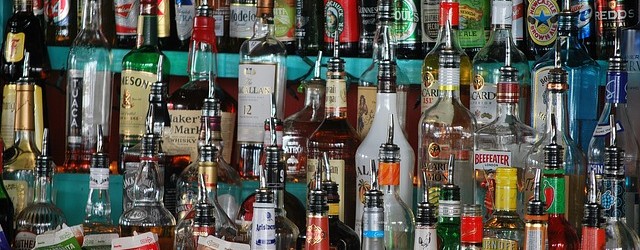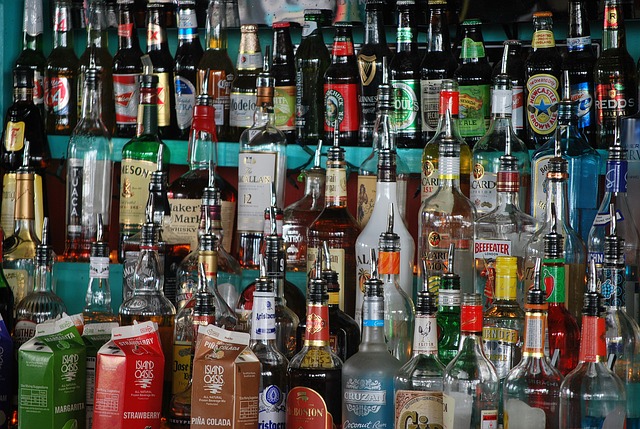Liquor Liability Insurance in NJ

From our friends at Amwins
THE PURPOSE OF LIQUOR LIABILITY
The principal idea of liquor liability insurance is to protect a licensed purveyor of alcoholic beverages from third party liability. Liabilities for these establishments share some common characteristics. Typically, liability arises when a venue over-serves, serves minors, serves a known drunk, or serves an individual who is involved in a drunk driving incident after he or she was served on premises. Venues also have significant exposure to assault and battery claims from either employees being overly rough with patrons or patrons assaulting other patrons.
FACTORS THAT DETERMINE PRICING
1. TYPE OF VENUE
What the primary purpose of the venue? Is it a restaurant, bar/tavern, nightclub or concert? If a restaurant’s primary purpose is serving food in a sit-down environment, it is considered to be much less risky than a nightclub with a primary purpose of entertainment and dancing. A bar/tavern may provide a mix of both, which places its risk factor in between a restaurant and a nightclub. Other venues that need a liquor liability policy are concerts, special events, country clubs, and fraternal organizations – essentially, anyone who is charging the general public for liquor.
2. LOCATION OF VENUE
State liquor laws vary dramatically by venue and jurisdiction. States each have their own basic scoring system based on the punitive nature of their dram shop law.
| This act shall be the exclusive civil remedy for personal injury or property damage resulting from the negligent service of alcoholic beverages by a licensed alcoholic beverage server. Nothing contained herein shall be deemed to limit the criminal, quasi-criminal, or regulatory penalties which may be imposed upon a licensed alcoholic beverage server by any other statute, rule or regulation. | |
| N.J. Rev. Stat. §2A:22A-4 a. A person who sustains personal injury or property damage as a result of the negligent service of alcoholic beverages by a licensed alcoholic beverage server may recover damages from a licensed alcoholic beverage server only if: (1) The server is deemed negligent pursuant to subsection b. of this section; and (2) The injury or damage was proximately caused by the negligent service of alcoholic beverages; and (3) The injury or damage was a foreseeable consequence of the negligent service of alcoholic beverages. b. A licensed alcoholic beverage server shall be deemed to have been negligent only when the server served a visibly intoxicated person, or served a minor, under circumstances where the server knew, or reasonably should have known, that the person served was a minor. |
Simply put, dram shop laws are laws that impose certain liability standards on the venues that serve alcohol. Tough jurisdictions, such as District of Columbia or Alabama, impose the toughest standards on venues when it comes to proving that they didn’t contribute to a third party bodily injury or property damage claim. Other jurisdictions, such as Nevada or Delaware, are more favorable to venues, and it is very difficult to prove the venue contributed to negligence. It is important to understand the varying dram shop laws associated with each venue as it will better help gauge the customer’s expectations and ability to find adequate coverage.
Other questions raised: What controls are in place? How the operation is run by management?
3. PERCENTAGE OF LIQUOR SALES
Further complicating the realm of liquor liability coverage is the percentage of the alcohol sales; as would be expected, more liquor sales equate to higher premiums. A restaurant with a high percentage of alcohol sales may be classified as more of a bar. A bar with a dance floor plus high liquor sales may be classified as a nightclub.
4. INDIVIDUAL TRAITS OF THE RISK
Below are some additional variables which underwriters will take into consideration.
• What types of entertainment are on premises – live music, karaoke, mechanical bull?
• What is the average age of patrons; what is the proximity to a college?
• What is the experience level of management?
• What are the formal controls or loss prevention procedures?
• Is security a third-party vendor with separate limits of insurance, or the venue’s own employees?
• Does the venue do background checks on employees, especially bouncers/security?
• What is the security-to-patron ratio?
• What training does the serving staff undergo?
• Does the venue allow minors? If so, what are the control procedures?
• Are there security cameras?
• What is the procedure for dealing with intoxicated patrons?

